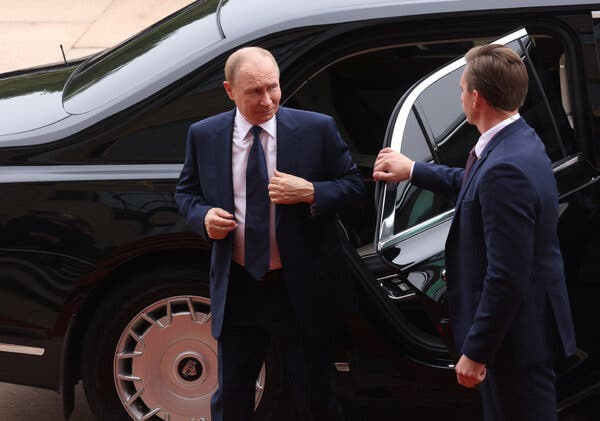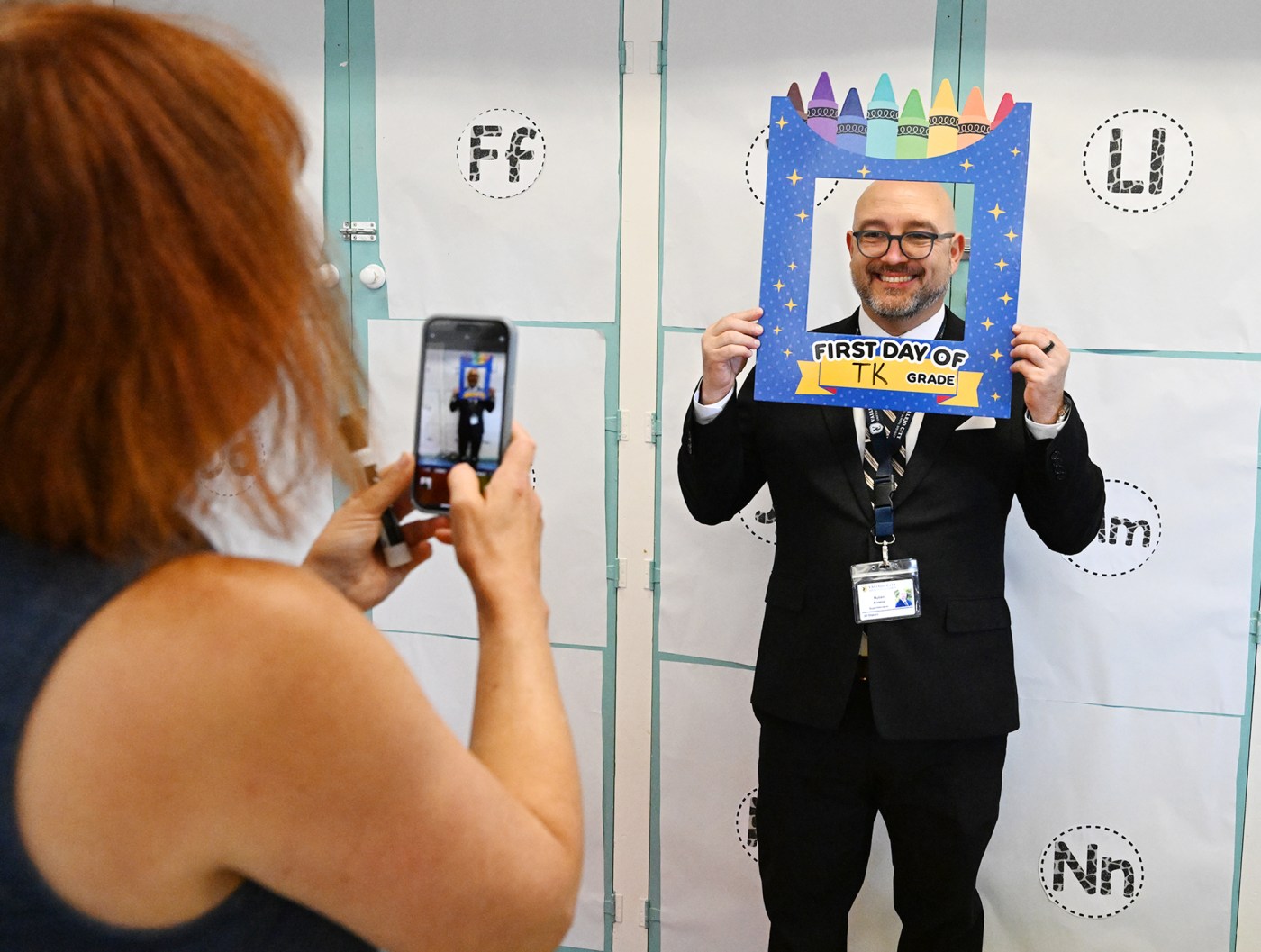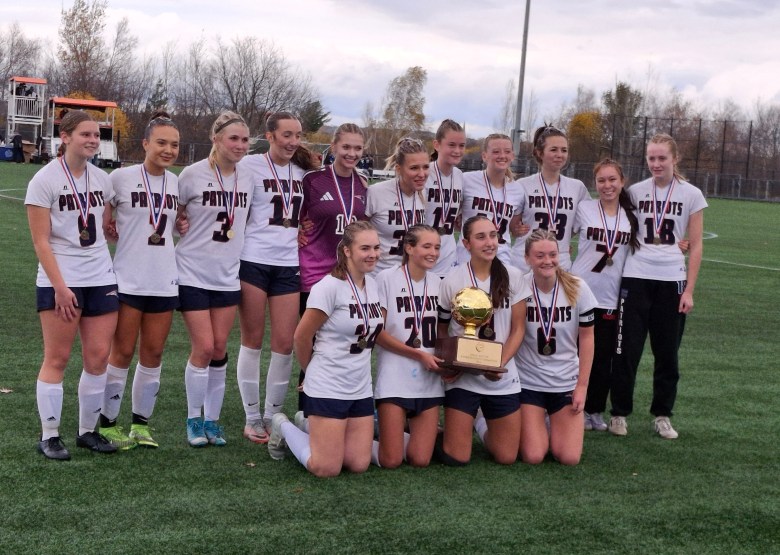Putin Engages World Leaders through ‘Limo Diplomacy’ in China

Russian President Vladimir V. Putin has taken his approach to personal diplomacy on the road, using his state limousine as a unique platform for engaging with other world leaders during a recent summit in China. The three-day event featured notable encounters with Prime Minister Narendra Modi of India and Kim Jong-un, the leader of North Korea, both of whom shared rides in Putin’s bulletproof Aurus limousine, which he views as a symbol of Russian strength.
Summit Encounters in the Limousine
During a Eurasian summit in Tianjin, China, President Putin and Prime Minister Modi engaged in a 45-minute discussion while seated in the luxurious vehicle. This impromptu meeting unfolded as other leaders awaited their turn for formal discussions, showcasing Putin’s preference for informal settings to foster close relations. Kremlin spokespersons have described the limousine as offering a “home court advantage,” emphasizing its role in facilitating personal dialogue.
The drive with Modi occurred on Monday, October 16, 2023, and was portrayed as a spontaneous initiative. Yet, it was evident that the Kremlin had orchestrated the moment, as cameras were ready to capture the encounter, a visual representation of unity amidst shifting global alliances influenced by Donald Trump‘s foreign policy decisions.
On Wednesday, October 18, 2023, Kim Jong-un also had the opportunity to ride alongside Putin. Their journey from a banquet in Beijing to a state guesthouse was marked by discussions that reaffirmed the strengthening ties between Russia and North Korea. This ride further indicated Putin’s strategy of using personal interactions to solidify diplomatic relations.
Implications of ‘Limo Diplomacy’
Putin’s method of engaging with world leaders in his state limousine reflects a broader diplomatic strategy that prioritizes personal connections over formal protocols. By utilizing the intimate setting of his vehicle, he aims to establish rapport and foster collaboration, particularly with nations that are increasingly positioned against Western influence.
The Kremlin’s promotion of these encounters underscores their significance in the context of international relations, especially as global dynamics evolve. The interactions between Putin, Modi, and Kim highlight a concerted effort to create a united front among nations that feel marginalized by Western policies.
As world leaders navigate a complex geopolitical landscape, Putin’s ‘limo diplomacy’ may emerge as a notable tactic for fostering connections and advancing national interests. The implications of these meetings could resonate well beyond the confines of the limousine, potentially influencing future diplomatic engagements and alliances.






